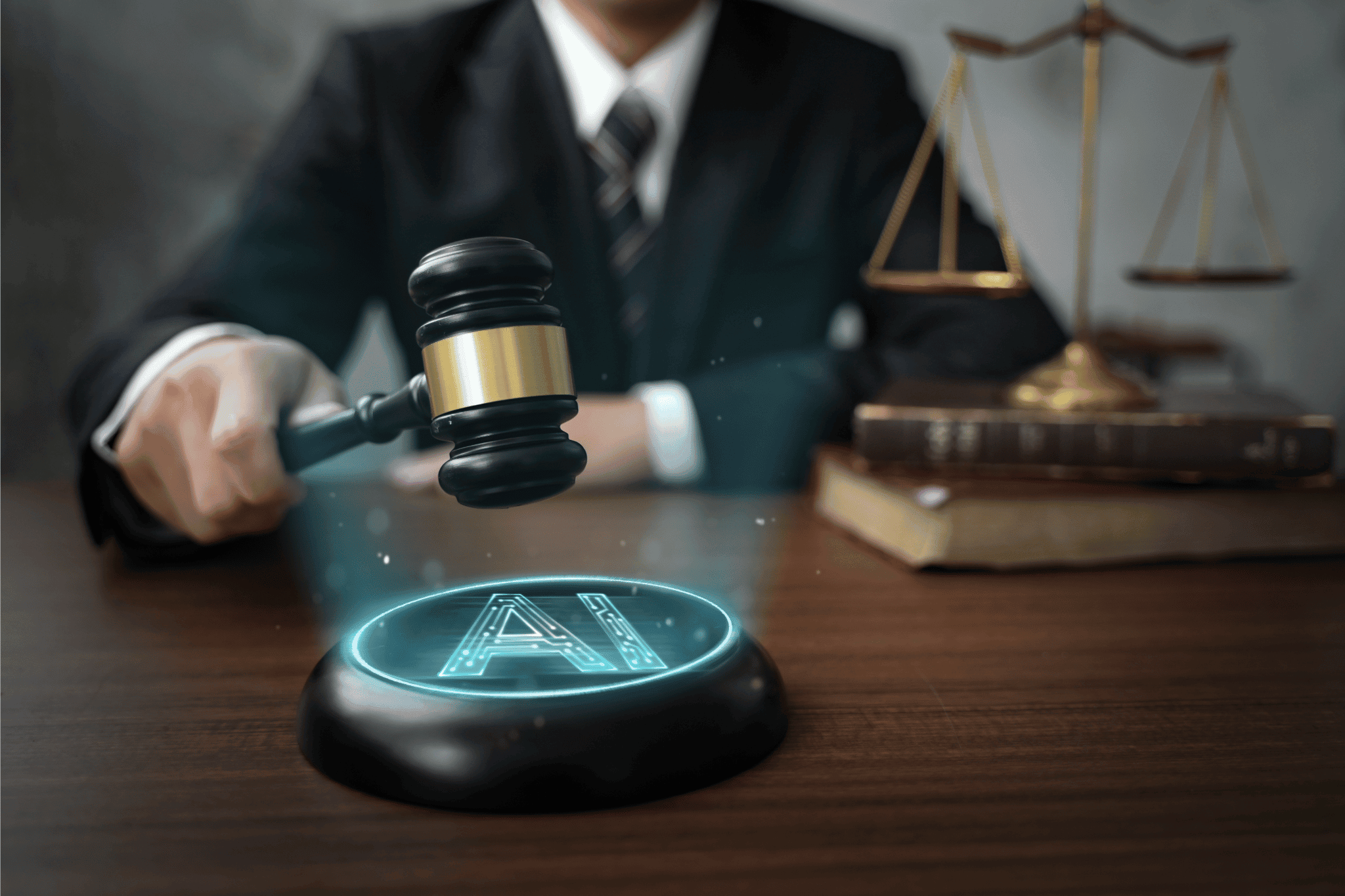Introduction
Motorcycle accidents can be devastating, leaving victims with severe injuries and long-lasting consequences. If you're involved in such an incident, understanding how to build a strong case with your motorcycle injury attorney is crucial. This article will guide you through the essential steps to ensure you have a solid foundation for your claim. With insights from legal experts like Moseley Collins Law, you'll learn how to navigate the complexities of motorcycle accident cases effectively.
Building a Strong Case with Your Motorcycle Injury Attorney
When it comes to motorcycle accidents, the right legal representation can make all the difference. You're not just dealing with physical injuries; you're also facing emotional trauma, financial burdens, and possibly long-term disability. So, how do you go about building a robust case?
Understanding Motorcycle Accident Laws
Every state has its own laws regarding motorcycle accidents. In California, for example, comparative negligence plays a significant role in determining fault. Understanding these laws is the first step in building your case.
- Comparative Negligence – This principle means that if both parties share some degree of fault, compensation may still be awarded but will be reduced according to the percentage of fault. Statute of Limitations – In California, you generally have two years from the date of the accident to file a personal injury claim.
Choosing the Right Motorcycle Injury Attorney
Finding an attorney who specializes in motorcycle accidents can significantly impact your case's outcome. Look for attorneys who:
- Have experience specifically in motorcycle accident claims. Understand local traffic laws and regulations. Have a good track record of winning cases similar to yours.
Why Moseley Collins Law?
Moseley Collins Law stands out among Sacramento motorcycle accident lawyers due to their extensive experience and commitment to personal injury law. They understand the nuances of motorcycle-related incidents and are dedicated to fighting for their clients' rights.
Gathering Evidence After the Accident
After an accident occurs, collecting evidence is critical for supporting your claim. Here’s what you should focus on:
Accident Report
Always file a police report after an accident. This document is often vital in establishing facts surrounding the incident.
Witness Statements
Collect contact information from witnesses who saw the crash unfold. Their testimonies can provide invaluable support for your claims.
Medical Records
Document all injuries sustained during the accident. Medical records not only substantiate your injuries but also help demonstrate how they affect your life.
Photographs and Videos
Capture images or videos of the scene. These visual aids can help illustrate critical aspects of your case, such as road conditions or vehicle damage.


Establishing Liability in Motorcycle Accidents
Next up is establishing liability—a key aspect of any personal injury claim. Who's at fault? Understanding this can determine how much compensation you might receive.
Types of Liability
Liability can come from various sources:
Negligent Drivers: Other motorists failing to follow traffic rules. Defective Equipment: Problems with your bike that could lead to an accident. Road Conditions: Poorly maintained roads or signage can contribute to accidents.Proving Negligence
To win your case, you'll need to prove that another party was negligent and that their negligence led directly to your injuries:
- Duty: The other driver had a responsibility to operate their vehicle safely. Breach: They failed in that duty (e.g., running a red light). Causation: Their actions directly caused your accident. Damages: You suffered measurable damages as a result (medical bills, lost wages).
Understanding Insurance Policies and Coverage
Navigating insurance policies after an accident can feel overwhelming but understanding them is crucial for securing compensation.

Types of Coverage
Familiarize yourself with different types of coverage available:
Liability Insurance: Covers damages you cause others. Collision Coverage: Pays for damage to your bike regardless of fault. Comprehensive Coverage: Protects against non-collision damages (theft or vandalism). Uninsured/Underinsured Motorist Coverage: Provides protection if you're hit by someone without adequate insurance.The Role of Your Attorney in Negotiating with Insurance Companies
Your attorney will play an essential role in negotiating with insurance companies on your behalf:
- Ensure fair compensation based on your medical expenses and suffering. Handle all communications so you don't have to deal with aggressive insurers alone.
Calculating Damages After a Motorcycle Accident
Determining how much compensation you're entitled to isn't always straightforward.
Economic Damages vs Non-Economic Damages
Damages fall into two categories:
Economic Damages: These are tangible costs like medical bills, lost wages, and property damage. Non-Economic Damages: More subjective costs like pain and suffering or emotional distress.
Factors Affecting Compensation Amounts
Several factors may influence how much you receive:
- Severity of injuries Length of recovery time Impact on daily activities Emotional toll post-accident
The Importance of Medical Documentation Post-Injury
Keeping thorough medical documentation post-injury is paramount when building your case.
Regular Check-Ups
Follow-up visits allow doctors to assess ongoing issues or complications stemming from injuries sustained during the crash.
Keeping Detailed Records
Maintain copies of:
Doctor's notes Treatment plans Medication prescriptionsThese documents serve as crucial evidence when calculating damages later on.
FAQs
1) What should I do immediately after my motorcycle accident?
It's essential first to seek medical attention if you're injured, then call law enforcement—this helps document everything efficiently!
2) How long do I have to file my claim?
In California, you typically have two years from the date of the accident unless specific exceptions apply!
3) What if I was partly at fault?
California follows comparative negligence laws; even if you're partially at fault, you might still recover damages proportional to another party's blame!
4) Why do I need an attorney?
An experienced lawyer understands legal complexities better than anyone else—having one ensures that important details aren't overlooked!
5) How much does hiring a lawyer cost?
Many personal injury attorneys work on contingency fees—meaning they only get paid if you win!
6) Can I represent myself?
While it's possible, navigating legal proceedings without professional guidance may leave gaps that could http://delivery-vehicle-accidents-in-sacramento-compensation-blueprint.image-perth.org/top-reasons-to-hire-a-sacramento-car-accident-attorney harm potential outcomes!
Conclusion
Building a strong case with your motorcycle injury attorney requires diligence—it's about gathering evidence meticulously while understanding every legal nuance involved! Working alongside specialized firms like Moseley Collins Law ensures that you're equipped with expert knowledge tailored specifically toward winning claims related specifically around motorcycles! Handling these matters correctly paves pathways towards justice & proper reparations! Don't hesitate; reach out today for assistance!
By following these strategies outlined above—and working closely alongside skilled professionals—you stand poised not merely against obstacles but truly empowered throughout each phase in pursuit toward achieving rightful compensatory results!